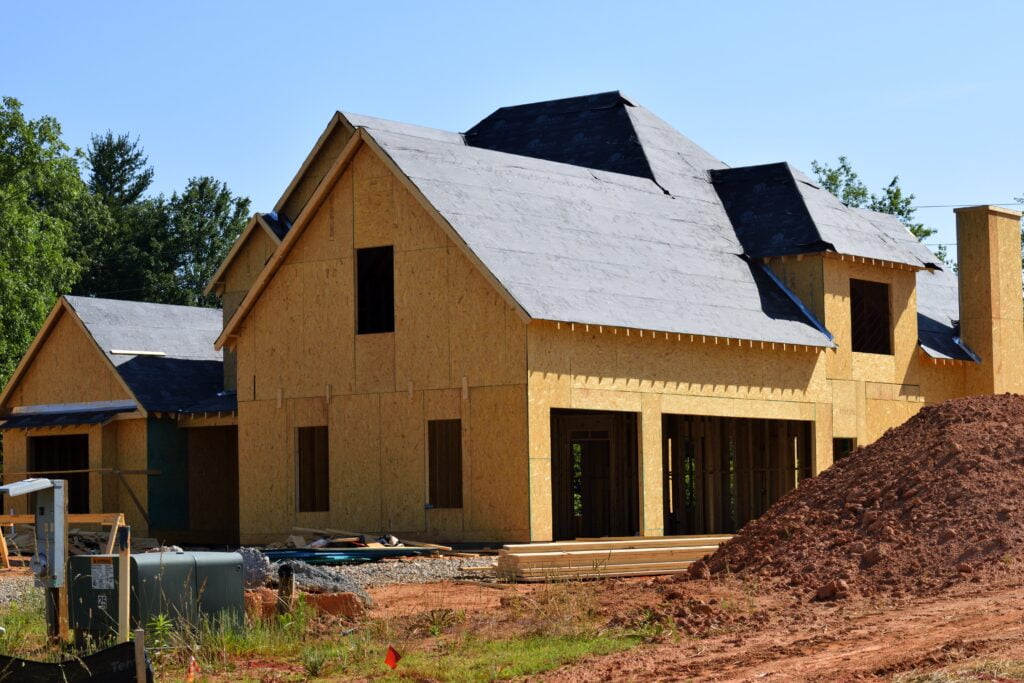The duration of construction projects is a critical aspect that impacts not only the stakeholders involved but also the surrounding communities and the broader economy. Whether it’s building a residential home, a commercial skyscraper, or a massive infrastructure project like a bridge or highway, understanding and managing construction project duration is essential for success.
In this comprehensive article, we will delve deep into the various factors that influence the duration of construction projects, from planning and design to execution and delivery.
- Project Planning and Design Phase
The journey towards a successful construction project begins long before the first brick is laid. Adequate planning and design are crucial to laying a solid foundation for project success. Here are some factors within this phase that can significantly impact construction duration:
1.1. Scope Definition and Changes
- Accurately defining the project scope is essential. Any changes to the scope during construction can lead to delays. Clear communication between all stakeholders is critical to manage scope changes efficiently.
1.2. Detailed Design
- Thorough and well-executed design plans reduce ambiguity and ensure a smoother construction process. Incomplete or poorly designed plans can result in costly delays and revisions.
1.3. Permits and Approvals
- Securing the necessary permits and approvals from local authorities can be a time-consuming process. Delays in obtaining these permissions can stall the project before it even begins.
- Site Conditions and Geology
The geological and environmental conditions at the construction site play a significant role in determining project duration:
2.1. Soil Quality and Stability
- Unforeseen soil issues, such as poor compaction or excessive moisture, can lead to foundation problems and construction delays.
2.2. Environmental Considerations
- Projects near sensitive ecosystems or water bodies may require additional precautions and permit delays.
- Availability of Labor and Materials
The availability of skilled labor and construction materials is a key determinant of project duration:
3.1. Labor Shortages
- The availability of skilled labor can fluctuate regionally and seasonally, affecting project timelines.
3.2. Material Supply Chain Disruptions
- Disruptions in the supply chain, such as shortages of steel, concrete, or other critical materials, can lead to delays and increased costs.
- Weather and Seasonal Factors
Weather conditions can significantly impact construction projects, especially those conducted in outdoor environments:
4.1. Seasonal Variations
- Cold weather, rain, or extreme heat can slow down construction activities or halt them altogether, depending on the project’s location.
4.2. Extreme Weather Events
- Hurricanes, floods, and other extreme weather events can cause extensive delays and damage to construction sites.
- Project Management and Execution
Effective project management is critical to ensuring that a construction project stays on track:
5.1. Scheduling and Sequencing
- Properly sequencing tasks and activities in the construction schedule is essential to avoid bottlenecks and optimize efficiency.
5.2. Project Controls
- Implementing robust project controls, such as progress tracking and issue resolution, can help identify and mitigate delays promptly.
5.3. Change Management
- Efficiently managing changes and unforeseen issues that arise during construction is essential to prevent them from causing significant delays.
- Project Size and Complexity
Larger and more complex construction projects generally require more time:
6.1. Mega Projects
- Mega projects, such as airports or high-speed railways, often involve complex logistics and multiple stakeholders, leading to extended durations.
- Funding and Budget Constraints
The availability of funding and budget constraints can affect the pace at which a construction project progresses:
7.1. Financing Challenges
- Delays in securing financing or budget overruns can lead to project stoppages or a reduced construction pace.
Conclusion
The duration of construction projects is influenced by a multitude of factors, from initial planning and design to execution and delivery. Successfully managing these factors requires careful consideration, effective project management, and collaboration among all stakeholders.
While some delays may be inevitable due to unforeseen circumstances, a well-planned and well-executed construction project can minimize these disruptions and deliver the desired outcomes within a reasonable timeframe. In an ever-evolving construction landscape, understanding and addressing the factors affecting project duration is key to achieving success in this dynamic industry.
To see other material construction prices, please see here.
To know other construction guides, tips, and methodology for beginners, veterans, and contractors, please see here.

